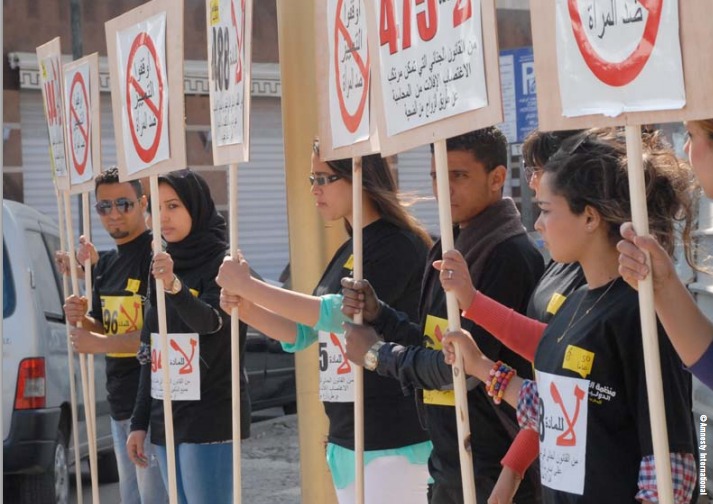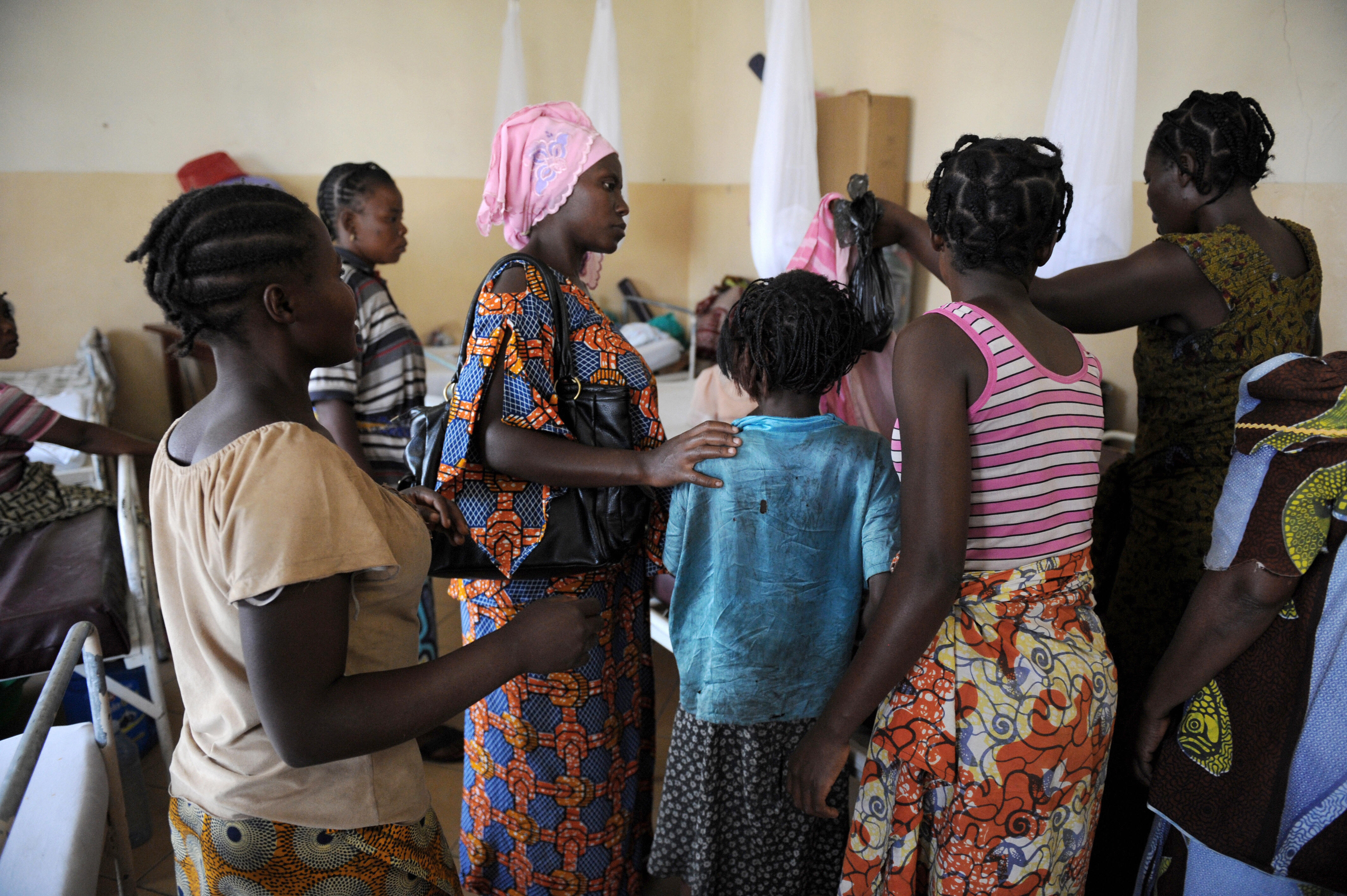
By Tarah Demant, Women’s Human Rights Thematic Specialist
Each of us has autonomy over our own body: we all have the right to make our own decisions about our healthcare, reproduction, and sexual lives, and we should be able to do so without living in fear of violence or discrimination. No matter where you live, no matter who you are, it’s your body and your rights.
Yet far too many are deprived of the basic human rights over their own bodies, including the right to be free from violence, sexual, assault, and rape. Such violence against women is part of a global culture of discrimination, but in the Maghreb region of Morocco, Algeria, and Tunisia, discriminatory legal provisions help enable rampant sexual violence against women and girls.
